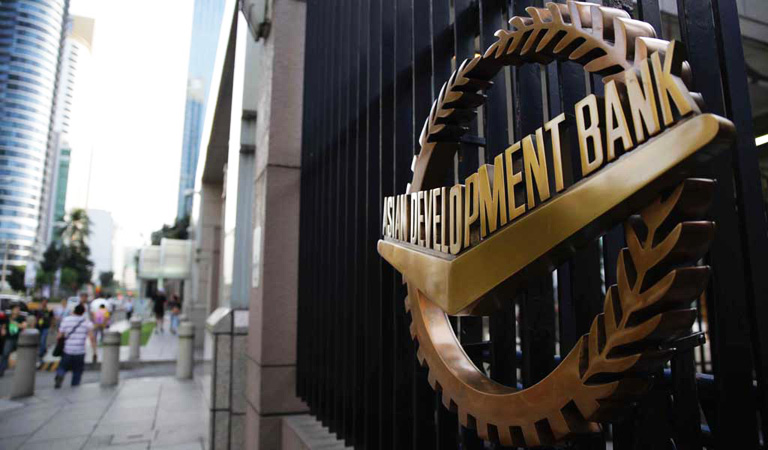By Czeriza Valencia, December 13, 2019; The Philippine Star
https://www.philstar.com/business/2019/12/13/1976529/adb-approves-233-million-loan-improve-competition-environment
Image Credit to Business World
MANILA, Philippines — A $23.3-million loan has been extended by the Asian Development Bank (ADB) to the Philippines to strengthen the capability of its institutions enforce the 2015 Philippine Competition Act.
The “Capacity Building to Foster Competition Project,” which will be spearheaded by the Philippine Competition Commission (PCC), builds on the technical assistance provided by ADB since 2016 for the training of its staff on international best practices to stop and prevent anti-competitive practices.
The loan will be repaid over a period of 28 years, but will have a grace period of nine years.
Under the project, which will be carried out over a six-year period, ADB will help build the capacity of PCC and other government agencies mandated to enforce the competition law. These include the National Economic and Development Authority (NEDA), Department of Justice (DOJ) and Office of the Solicitor General (OSG).
Staff of these agencies will be provided with opportunities to further their education and enhance their skills relevant to competition laws and economics through non-degree programs, short-term courses, distance learning courses, secondments and scholarships for degree programs.
This project will also provide for the establishment of an academic center of excellence in competition law and policy under the College of Law at the University of the Philippines to increase the number of local experts of competition policy and promote public understanding of competition in the economy.
PCC chair Arsenio Balisacan, a former socioeconomic planning secretary, noted that there is a strong need to develop the Philippine market to one that is attractive to investors and beneficial to consumers.
To date, the domestic economy remains more concentrated compared with markets in neighboring countries like China, Indonesia and Vietnam.
“Despite the Philippines’ rapid economic growth, our Asian neighbors have kept pace or even outdone us in terms of improving their productivity and competitiveness in infrastructure, institutions, and human capital. Within the current unfavorable external environment, this is perhaps manifested in our neighbors’ ability to attract more investments that generate high-quality and well-paying jobs for the poor,” Balisacan said in a briefing Wednesday.
Promoting a culture of competition will also help further reduce poverty incidence in the country as more affordable and high-quality goods and services will be available to the public.
Balisacan noted that the country continues to endure high prices of food, pharmaceutical products, logistics, energy and telecommunications services.
The Philippines is implementing a competition law much later compared with its neighbors in the ASEAN region. As such, it lacks the expertise to do so at a time when it need to sustain a high economic growth trajectory amid a hostile external environment.
“The law is still very new in the Philippines. There is hardly any expertise but we need to develop it. In the region, we are the last among the major economies to implement a competition law and we are one of the founders of ASEAN,” said Balisacan.
“We realized that if it will be business as usual, it will take us a long time to develop our expertise,” he added.
Balisacan said a stronger PCC will enable it to investigate and pursue more anti-competition cases.
ADB country director Kelly Bird said a stronger implementation of competition law in the Philippines will be crucial for the country to sustain its high growth trajectory.

